AI Legal Watch: March 27, 2025
JD Supra Law
APRIL 1, 2025
2025) offers continued guidance on whether authorship can be attributed to AI systems (i.e., non-humans) under Copyright Law. The recent decision in Thaler v. Perlmutter et al., 23-5233 (D.C.
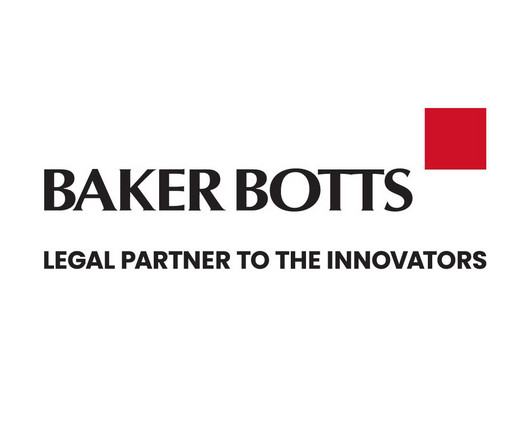
JD Supra Law
APRIL 1, 2025
2025) offers continued guidance on whether authorship can be attributed to AI systems (i.e., non-humans) under Copyright Law. The recent decision in Thaler v. Perlmutter et al., 23-5233 (D.C.
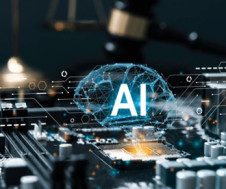
IIPRD
MARCH 5, 2025
Blog sought to study global moves or court cases that have taken place regarding uses of copyright in made-always-with-an-AI creation and provide discussion over possible solutions to the future of intellectual property laws. Copyright Office. Copyright Act regulates the works which are created by humans only.
This site is protected by reCAPTCHA and the Google Privacy Policy and Terms of Service apply.
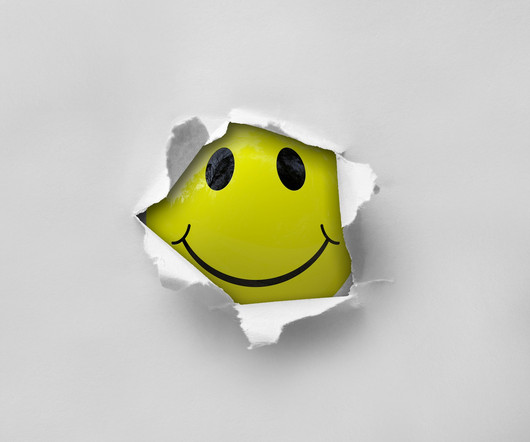
Kluwer Copyright Blog
OCTOBER 4, 2023
Presently, a new reference from the German Federal Court of Justice (BGH) asks the Court of Justice of the European Union (CJEU) for vital interpretive guidance concerning the parody exception within copyright law. This approach, initially applied to cultural politics by Dentith, can be similarly adopted within copyright law.

Kluwer Copyright Blog
APRIL 2, 2025
Image by Martina Bulkov from Pixabay In March 2025 the New Zealand Supreme Court confirmed that copyright is relationship property, to be divided accordingly when a qualifying relationship ends. First , the Court confirmed copyright is personal property. It addressed these questions as follows. Toriqul Islam 135
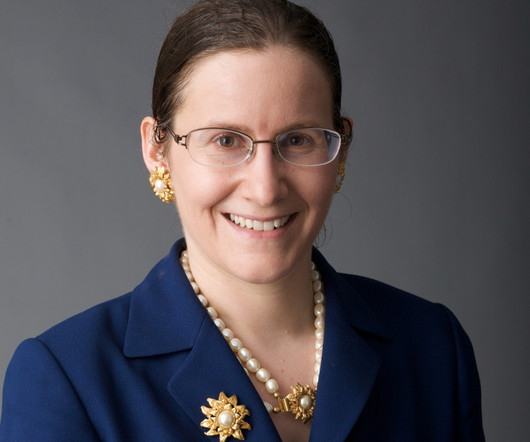
43(B)log
APRIL 3, 2025
Unveiling the Bond Between Artists and Their Work: A Vignette Study 38 Pages Posted: 12 Feb 2025 Last revised: 19 Feb 2025 Margaritha Windisch Date Written: January 31, 2025 Abstract This paper empirically measures the bond between artists and their work.
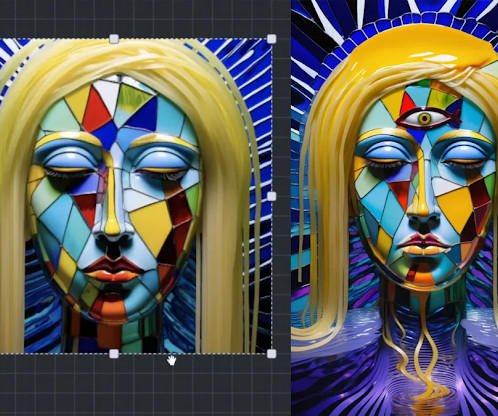
The IPKat
FEBRUARY 18, 2025
On 30 January 2025, the US Copyright Office (USCO) registered A Single Piece of American Cheese , a visual material generated by Invoke AI and with a technique called inpainting. Concluding remarks: AI-generated artworks or compilations?
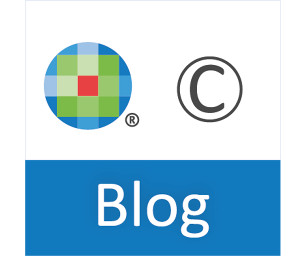
Kluwer Copyright Blog
JANUARY 21, 2025
As we enter a new year, we would like to take this opportunity to pass on our best wishes for 2025 to all of our readers, as well as reflect on developments in copyright over the past year. order to train their technologies, should AI companies be allowed to use works under copyright protection without consent?
Let's personalize your content